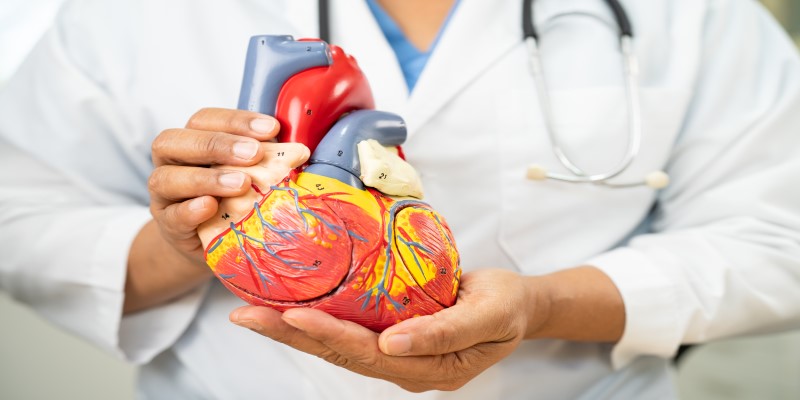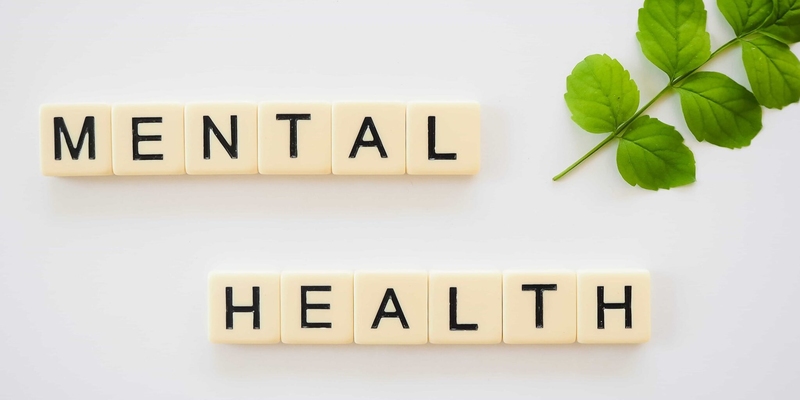High blood pressure, also called hypertension, is often referred to as a "silent killer" because it doesnt always show obvious symptoms. Many people can have dangerously high blood pressure for years without feeling any different. However, when symptoms do occur, they can serve as important warning signs that something is wrong with your health.
Understanding these signs early can help prevent serious complications like heart disease or stroke. This article will walk you through the different symptoms that are commonly associated with hypertension, helping you recognize potential issues before they become severe.
Hypertension is a condition in which the blood flows through the arteries at a higher pressure than normal. Blood pressure is measured in two numbers: systolic (the pressure when the heart beats) and diastolic (the pressure when the heart is at rest between beats). A normal reading is usually around 120/80 mmHg. When blood pressure consistently exceeds 140/90 mmHg, its classified as high. Left untreated, high blood pressure can lead to life-threatening complications. Understanding the symptoms can help in timely diagnosis and management.
Though high blood pressure often presents no obvious signs, some subtle indicators may appear, especially when hypertension is more advanced. These early symptoms are not always specific, and they might be easily mistaken for other conditions. Still, paying attention to the following early signs can make a significant difference:

Headaches, particularly those that occur frequently or are more severe than usual, are one of the more common symptoms associated with high blood pressure. These headaches tend to be located at the back of the head, though they can affect any part. Unlike normal headaches, these may be persistent and throbbing, particularly in the morning. If you have ongoing headaches that do not respond to over-the-counter painkillers, its worth checking your blood pressure.
A sense of lightheadedness or dizziness can also be an early symptom of hypertension. It's not typical for mild blood pressure issues to cause dizziness, but if your blood pressure is very high, it can reduce blood flow to your brain, making you feel faint or unsteady. This is particularly problematic if it occurs frequently without an obvious cause, such as dehydration or standing up too quickly.
When high blood pressure puts added stress on your heart and lungs, it can lead to feelings of breathlessness. Shortness of breath may happen during routine activities or even while resting. Its a sign that your heart is having difficulty pumping blood effectively. This symptom is especially alarming because it can indicate damage to the heart muscle over time.
When blood pressure remains high for an extended period, more serious symptoms may start to manifest. These are typically signs that hypertension is progressing toward complications like cardiovascular disease or kidney problems. If you experience any of these, immediate medical attention is necessary:
Chest pain is one of the most alarming symptoms linked to high blood pressure. The heart has to work harder to pump blood through the body, which can cause the arteries supplying the heart to become damaged or blocked. This may result in angina, a type of chest pain caused by reduced blood flow to the heart. If you feel a tight, squeezing sensation in your chest, especially during physical activity or stress, you should seek medical care right away.
High blood pressure can affect the small blood vessels in your eyes, leading to vision disturbances. You may notice blurred vision or even sudden vision loss. These issues happen because the increased pressure can cause damage to the optic nerve or blood vessels in the retina, a condition known as hypertensive retinopathy. Though it may start gradually, any noticeable change in vision should be taken seriously.
Severe high blood pressure can reduce the amount of oxygen and nutrients reaching your brain, leading to symptoms like confusion, fatigue, or even cognitive impairment. People experiencing these signs may feel unusually tired, have trouble concentrating, or appear dazed. These mental changes can happen suddenly, especially in the case of a hypertensive emergency when blood pressure spikes very high.
If left untreated, high blood pressure can lead to serious, often irreversible health problems. Some complications that arise from long-term hypertension include:

The added pressure on the arteries can cause them to stiffen or become damaged, increasing the risk of heart disease. Over time, this may result in heart failure, where the heart becomes too weak to pump blood efficiently.
A stroke happens when blood flow to the brain is interrupted, often due to a blocked or burst blood vessel. High blood pressure is a major risk factor because it can cause arteries in the brain to narrow or weaken, leading to blockages or hemorrhages.
Hypertension is one of the leading causes of chronic kidney disease. When the blood vessels in the kidneys are damaged by high blood pressure, the kidneys are less able to filter waste and fluid from the body. Over time, this can result in kidney failure, requiring dialysis or a transplant.
Hypertension is a widespread condition that can lead to serious health complications if not managed properly. While many people with high blood pressure dont notice symptoms at first, there are some warning signs to watch for, including headaches, dizziness, and shortness of breath. More severe symptoms, such as chest pain and vision problems, suggest the condition is progressing and requires urgent attention.
The key to managing hypertension effectively is regular blood pressure checks and responding promptly to any signs of trouble. By staying vigilant and seeking help when needed, you can significantly reduce the risk of long-term health problems caused by high blood pressure.

By Madison Evans/Sep 20, 2024

By Korin Kashtan/Oct 15, 2024

By Verna Wesley/Oct 03, 2024

By Sid Leonard/Oct 09, 2024

By Elena Davis/Sep 27, 2024

By Jennifer Redmond/Oct 17, 2024

By Susan Kelly/Oct 20, 2024

By Sean William/Oct 16, 2024

By Korin Kashtan/Sep 20, 2024

By Georgia Vincent/Sep 27, 2024

By Paula Miller/Oct 16, 2024

By Darnell Malan/Oct 31, 2024